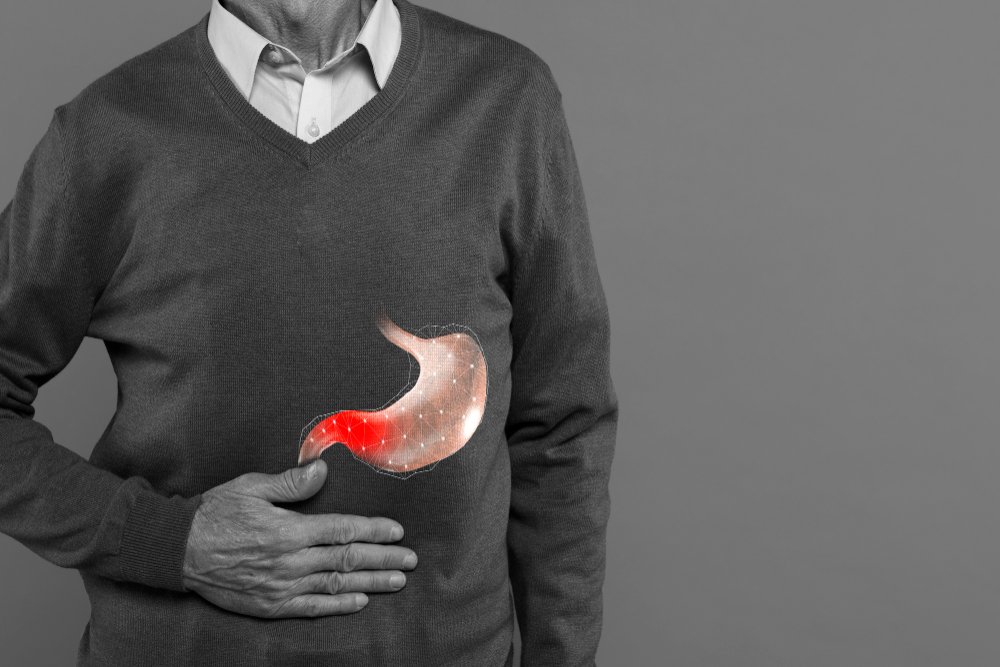
Several fruits are known for their beneficial effects on gut health and stamina in men due to their high fiber content, vitamins, minerals, and antioxidants. Here are some top picks:
- Bananas: Rich in fiber, potassium, and vitamins, bananas promote digestive health by supporting regular bowel movements and feeding beneficial gut bacteria. They also provide a quick energy boost, making them beneficial for stamina.
- Apples: Packed with soluble fiber and polyphenols, apples promote gut health by aiding digestion, regulating bowel movements, and supporting the growth of beneficial gut bacteria. They also provide sustained energy, helping to boost stamina.
- Berries (Blueberries, Strawberries, Raspberries): Berries are loaded with fiber, antioxidants, and vitamins that support gut health by reducing inflammation, promoting regularity, and protecting against digestive disorders. Their high antioxidant content also helps enhance stamina and endurance.
- Pineapple: Pineapple contains bromelain, an enzyme that aids digestion by breaking down proteins and reducing inflammation in the gut. It also provides vitamins, minerals, and hydration, which contribute to overall stamina and vitality.
- Kiwi: Kiwi is rich in fiber, vitamin C, and digestive enzymes, such as actinidin, which aid in protein digestion and promote gut motility. Its antioxidant and anti-inflammatory properties support gut health and may enhance stamina.
- Papaya: Papaya contains papain, an enzyme that aids digestion by breaking down proteins and supporting healthy gut function. It also provides fiber, vitamins, and antioxidants, which contribute to gut health and stamina.
- Oranges: Oranges are rich in fiber, vitamin C, and antioxidants, which support digestive health by promoting regularity and reducing inflammation in the gut. Their natural sugars provide a quick energy boost, enhancing stamina.
- Grapes: Grapes are high in fiber, vitamins, and antioxidants, such as resveratrol, which promote gut health by supporting digestion, reducing inflammation, and protecting against digestive disorders. Their natural sugars provide sustained energy, aiding stamina.
Incorporating these fruits into a balanced diet can contribute to better gut health and increased stamina in men. Pairing them with other nutrient-rich foods and staying hydrated can further enhance their benefits for overall well-being and vitality.

One of the essential vitamins for gut health is Vitamin D. Here’s how to use it and its benefits:
Vitamin D for Gut Health:
Benefits:
- Promotes Gut Barrier Function: Vitamin D plays a crucial role in maintaining the integrity of the gut barrier, which helps prevent the entry of harmful substances into the bloodstream and reduces the risk of intestinal permeability (leaky gut).
- Regulates Immune Response: Vitamin D modulates immune function in the gut, helping to balance the inflammatory response and reduce inflammation associated with conditions like inflammatory bowel disease (IBD) and irritable bowel syndrome (IBS).
- Supports Microbiome Diversity: Adequate levels of Vitamin D are associated with a healthier gut microbiome, promoting the growth of beneficial bacteria and reducing the risk of dysbiosis (microbial imbalance).
How to Use Vitamin D:
- Sun Exposure: The primary source of Vitamin D is sunlight. Spending time outdoors in direct sunlight can stimulate the skin to produce Vitamin D naturally. Aim for 10-30 minutes of sun exposure on exposed skin several times a week, depending on factors like skin type, time of day, and geographic location.
- Dietary Sources: Include Vitamin D-rich foods in your diet, such as fatty fish (salmon, mackerel, sardines), egg yolks, fortified dairy products (milk, yogurt), fortified plant-based milk alternatives, and mushrooms exposed to ultraviolet (UV) light.
- Supplements: If you have limited sun exposure or struggle to meet your Vitamin D needs through diet alone, consider taking a Vitamin D supplement. Consult with a healthcare professional to determine the appropriate dosage based on your individual needs and existing Vitamin D levels.
- Vitamin D Testing: Consider getting your Vitamin D levels tested through a blood test (25-hydroxy Vitamin D test) to assess your status and determine if supplementation is necessary. Optimal Vitamin D levels may vary depending on factors like age, health status, and geographic location.
- Combination with Vitamin K2: Vitamin D works synergistically with Vitamin K2 to support bone health and regulate calcium metabolism. Consider pairing Vitamin D supplements with Vitamin K2 supplements or consuming foods rich in both vitamins, such as fermented dairy products and certain cheeses.
By incorporating Vitamin D-rich foods, sunlight exposure, and, if necessary, supplementation into your routine, you can support gut health and overall well-being. However, it’s essential to consult with a healthcare professional before making significant changes to your diet or supplement regimen, especially if you have existing health conditions or are taking medications.




